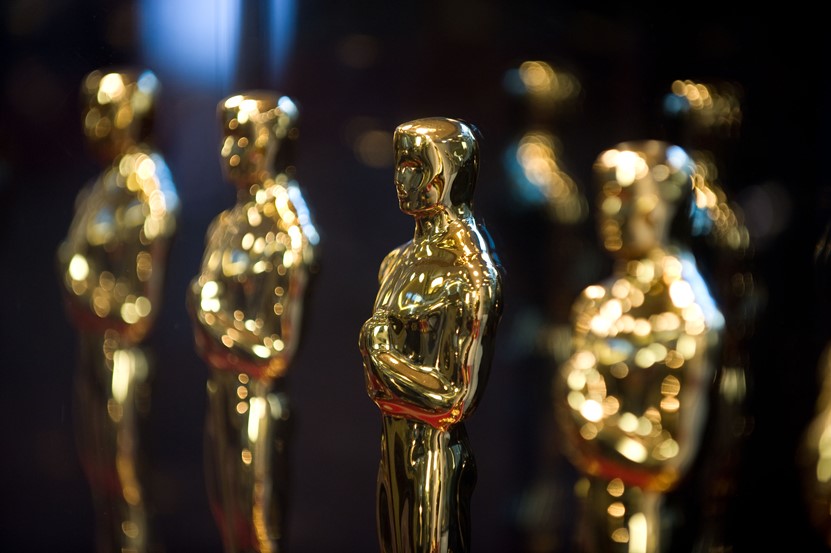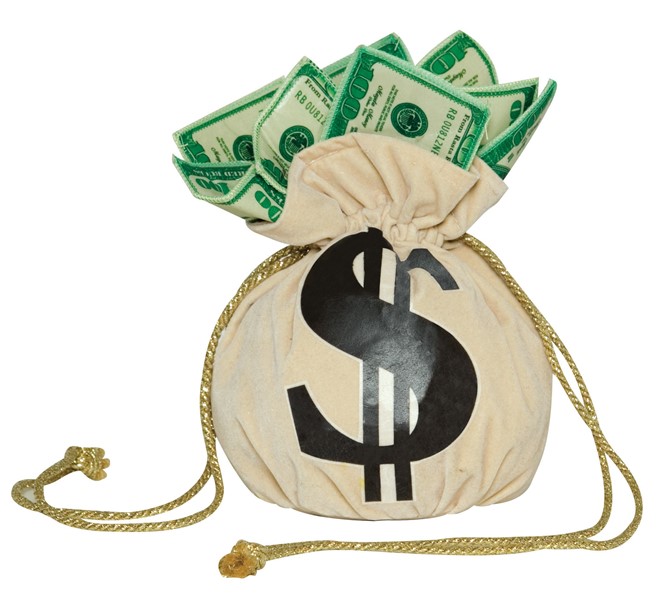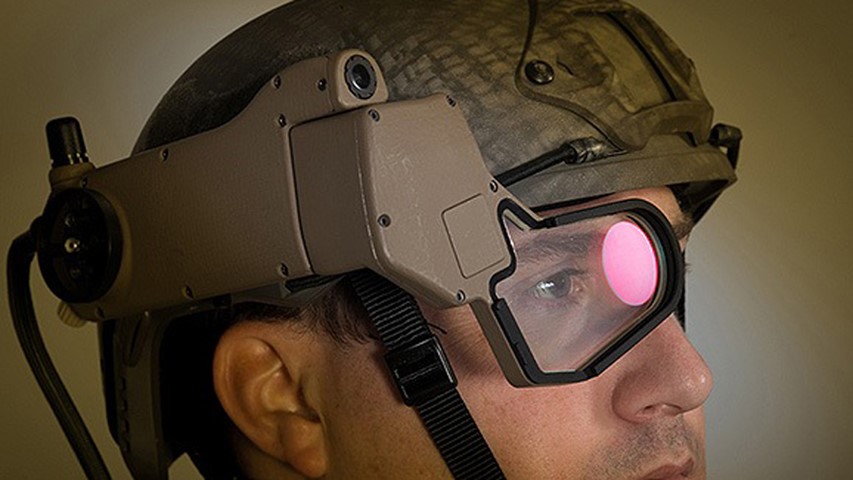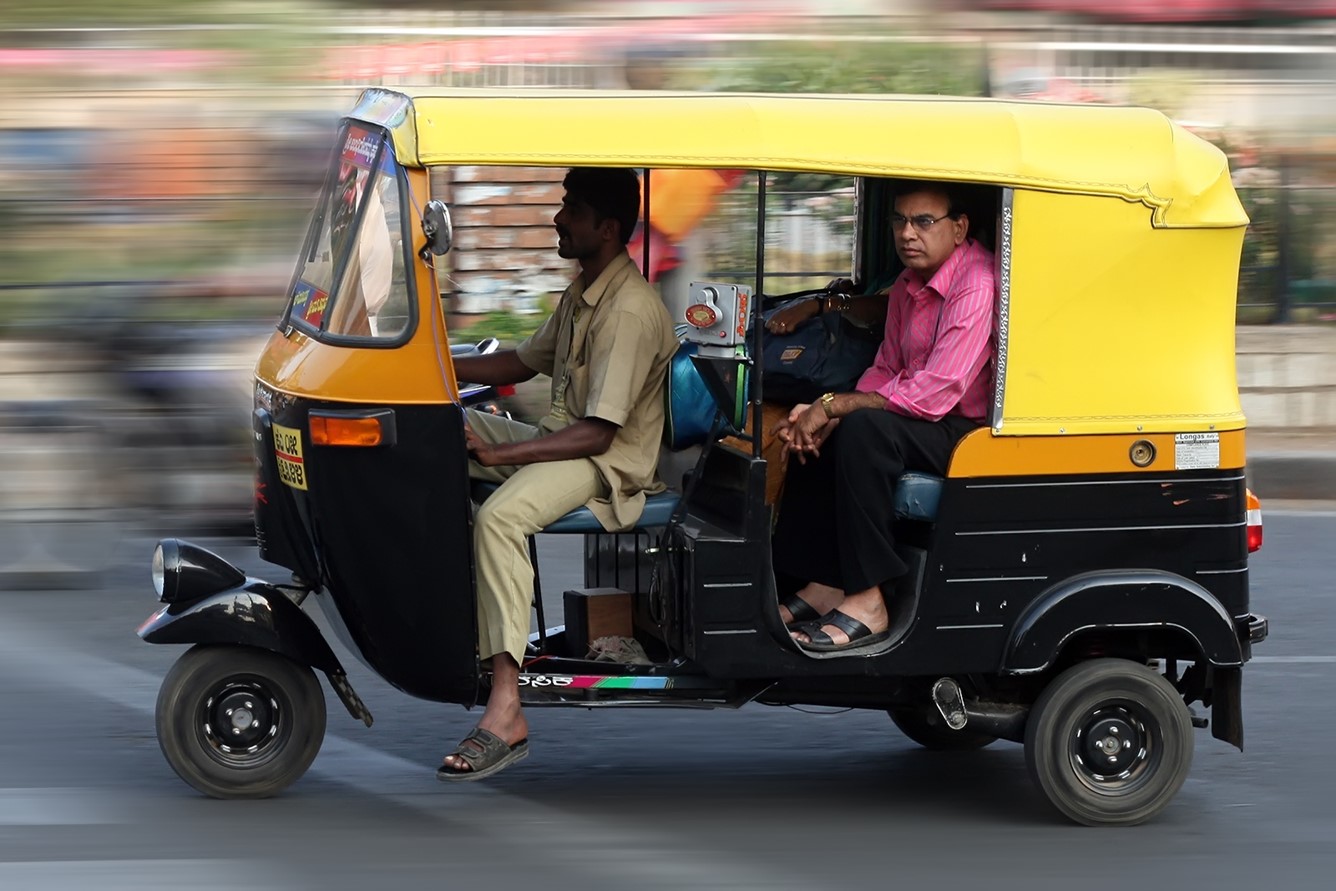Mass Produced Free Speech
March 4, 2014 in Daily Bulletin

Cracked took a look at things that we don’t realize are actually mass produced:
- Two songwriters are responsible for many hit pop songs. Songs such as Kesha’s Tik Tok, Taio Cruz’s Dynamite, Katy Perry’s I Kissed a Girl and many, many more were written by just one person.
- For several popular young adult novels, a committee comes together to determine what young people may like. A writer is then brought in to write the book from an outline. The committee then alters it to maximize its chances of success. Even movie studios sometimes get to edit books to make for easier theatrical adaptions.
- Famous celebrity personalities are sometimes determined by “reputation managers”. After Miley Cyrus hired Larry Rudolph she did a sexually charged performance at the VMAs which included a phallic object that was safe to show on TV and ignite discussions. This is exactly what Britney Spears did after she hired the same person a few years ago.
- Online reviews are sometimes mass produced by companies that are hired to manage the online perceptions of restaurants, authors, and products.
The full article covers more surprising items, and is an entertaining read. Find it here.
Source: Cracked









Join the Discussion! (No Signup Required)